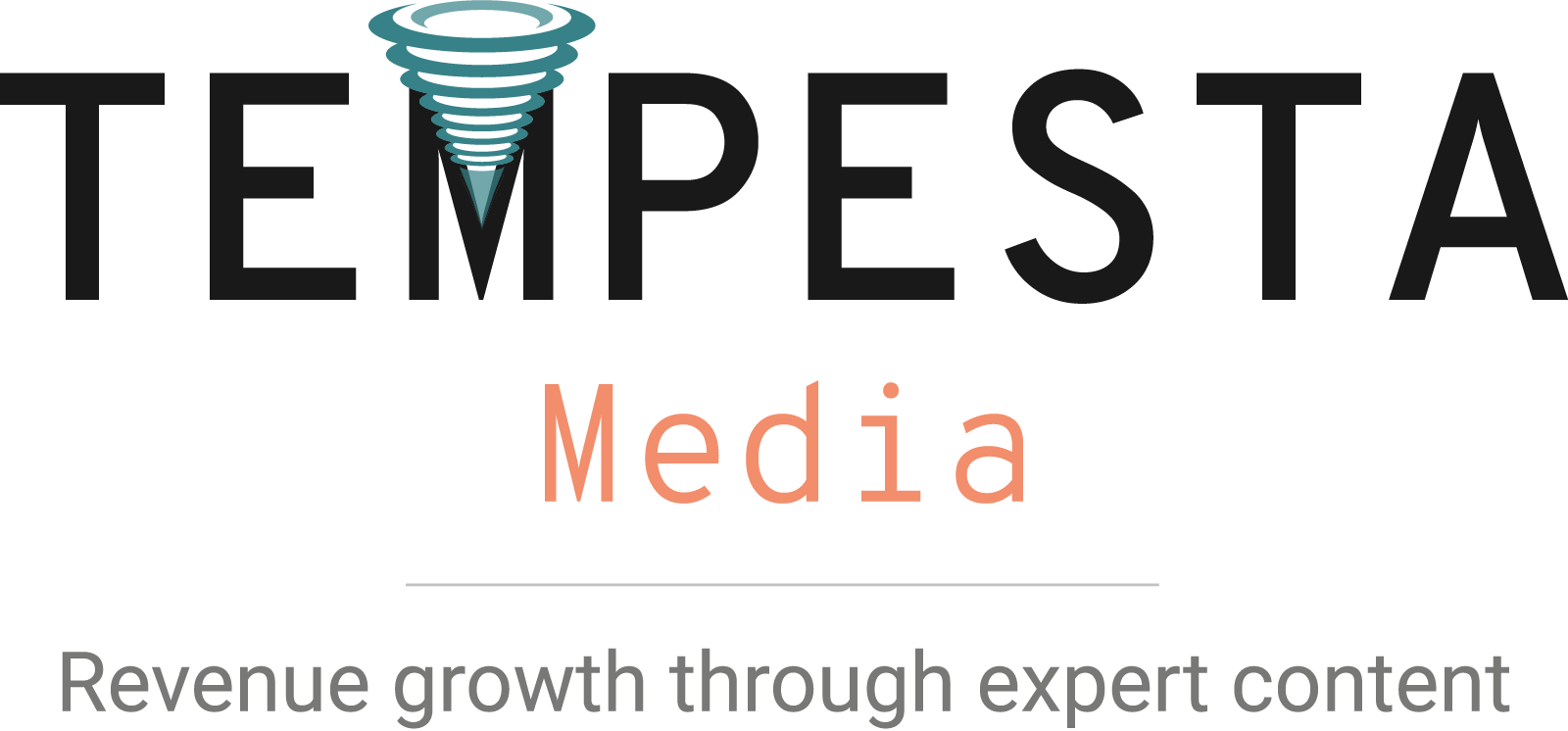Undoubtedly every business has faced an issue with Google guidelines, which is why “How can you avoid being penalized by Google?” is such a common search.
When you work hard on SEO optimization to rank at the top of search results, you don’t want to be penalized for unclear reasons. To avoid this unappealing scenario, let’s explore the issue further and learn about some best practices to optimize content marketing that will help you avoid penalties.
Why do Google penalties happen, and what do they mean for you?
Google often penalizes a website due to viewing it as a low-quality site that is not trustworthy. Google also penalizes a site if it detects that it has violated any of the guidelines. For example, if your site is not mobile-friendly, then Google will penalize it. As a result, your site will never rank as high as it did before, and you’ll see a significant drop in traffic. These penalties can be brutal to overcome, depending on the severity of the violation. The issue may be temporary, but it can also lead to a permanent ban from the Google index. Follow the rules below in order to optimize content marketing and avoid Google restrictions.
1. Avoid duplicate content
One option to avoid duplicate content is to use supporting tools. For example, by using the duplicate content filter in the Google Search Console, you can identify content that appears more than once on your site to optimize content marketing. You can then choose to eliminate it or consolidate it with another page. If you remove the duplicate content, try to make sure the remaining content answers the user’s query and provides excellent value.

2. Be wary of keyword stuffing
The most common cause of penalties is keyword stuffing. In the past, if you typed in a keyword, it would show up in all of your content. For example, if you typed in the word “car,” it would show up in your article about cars, on your About Us page and on your Contact page. Google has been cracking down on this and has penalized websites for including excessive instances of keywords.
You can still include a few keywords without penalty to optimize content marketing, but you should avoid overuse. It’s better to use LSI (Latent Semantic Indexing) keywords, which are conceptually related terms and are used by search engines to fully comprehend material on a webpage.
3. The most important step in good SEO practices for optimized content marketing
Nothing is more crucial than developing content that is optimized for the reader in the first place. And don’t forget to check the constant Google Algorithm updates.
There are a handful of ways to avoid Google penalties, and the best SEO practices are the ones you can keep up with. If you don’t know how to optimize your content marketing correctly to boost your ranking while navigating all the guidelines to avoid penalties, Tempesta Media’s managed solution will help. With our outstanding knowledge of best practices, we’ll help you create or expand your content strategy. Contact us today and start benefiting from expert SEO strategy.











